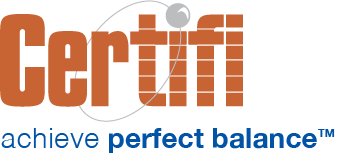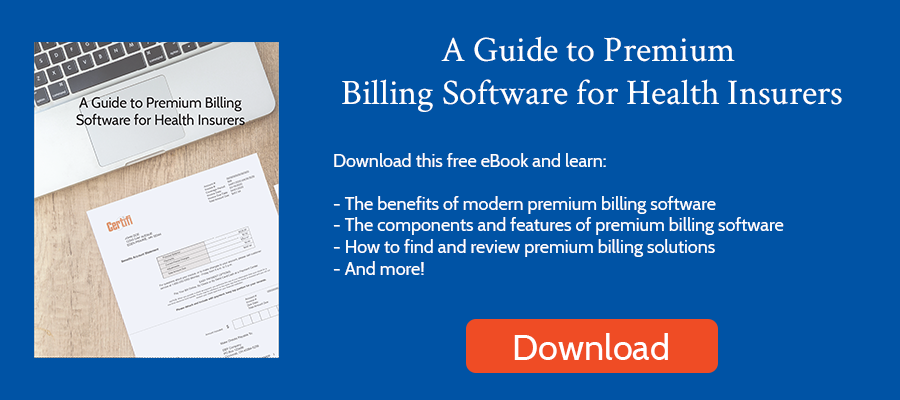Years ago a client of ours came to us with a problem. As a state Medicaid agency that billed some Medicaid beneficiaries a small premium amount to access the program, they aimed to improve beneficiary payment rates. Though the premium dollar amount was small, the Medicaid population tended to be underbanked or even unbanked.
We introduced a retail cash payment network to help improve payment rates. It may be a good solution for some health insurance premium payments. Here’s more information about retail cash payments for health insurance premiums:
What are retail cash payments?
As the name implies, retail cash payment enables a member to take an invoice to a retail location, like a national pharmacy or grocery chain. The cashier scans a barcode on the invoice so the member can pay for their insurance premium with cash. Payment information is communicated electronically to a specific entity, in this case, Certifi, on a nightly basis. We post the payment to the member’s account and they’re able to view that payment the day after the payment is made.
Where can members go to pay their bills?
We leverage a nationwide network of some of the largest national and regional retailers in the US for our retail cash payment network. That includes:
- CVS
- Walgreen’s
- Dollar General
- 7-Eleven
- Speedway
- Family Dollar
- Walmart
Are more retailers being added?
Yes, over time we’ve added more retailers to the network. Today, consumers can take their invoices to nearly 60,000 retail locations stretched across the US to make a cash payment.
Is there a transaction fee?
Yes. When a member makes a retail cash payment, he or she pays a small transaction fee. The transaction fee is a flat $1.99 instead of a percentage of the total payment amount.
Is there a maximum payment amount?
Yes. Each retailer sets a maximum payment amount. Most retailers limit those payments to $999, though some (7-Eleven is an example) allow as much as $1,500. Some limit them to lower amounts. For example, Speedway limits the payment to a maximum of $500.
Are there any other limitations?
Yes, some retailers refuse to accept payments for insurance premiums. For example, CVS will not allow premium payments because they object to charging consumers a transaction fee.
Should health insurers enable members to make retail cash payments?
Ultimately, retail cash pay can help improve member payment rates among some populations. Some considerations:
- Generally, retail cash payment works best for products with smaller premiums. It’s unlikely that much demand exists to pay a $500 monthly premium by cash. That rules out any group insurance plans or those that attract many unsubsidized individuals or families with high monthly premiums.
- The makeup of the population also matters. For example, my mother is notorious for using cash to pay for everything. Older populations that frequent retail locations like pharmacies may find it more convenient to pay their monthly premium bill with cash at a retail location than to pay it by mail or through a health insurance payment portal. Plans targeting those populations — like Medicare Advantage plans with a low monthly premium — may be enhanced by offering a cash payment option.
- Plans with relatively high delinquency rates. If you find that an older, more retail-oriented population inhabits small premium plans and those plans suffer from high delinquency rates, introducing a cash pay option may help reduce late payments.
What are the benefits of retail cash payments for health insurance premiums?
Primarily, members benefit because for some that retail cash payment may be more convenient. Some health insurance members may find it easier to take their monthly premium payment to a local pharmacy and pay cash than make a payment in another manner. That convenience may attract new members, encourage higher renewal rates or even drive down delinquent payment rates.
But there can also be administrative benefits for insurers. In our cash payment process, the unique barcode the member uses to make a payment makes it easy to apply that payment to a specific account. The member may send payment by another method — like a check – without the member’s billing account number or other member information. Matching that check to the member could be a manual process that wastes administrative time.
Overall, a retail cash payment option may make you more competitive, improve on-time premium payment rates without increasing administrative workload, and ultimately be more convenient for members.



